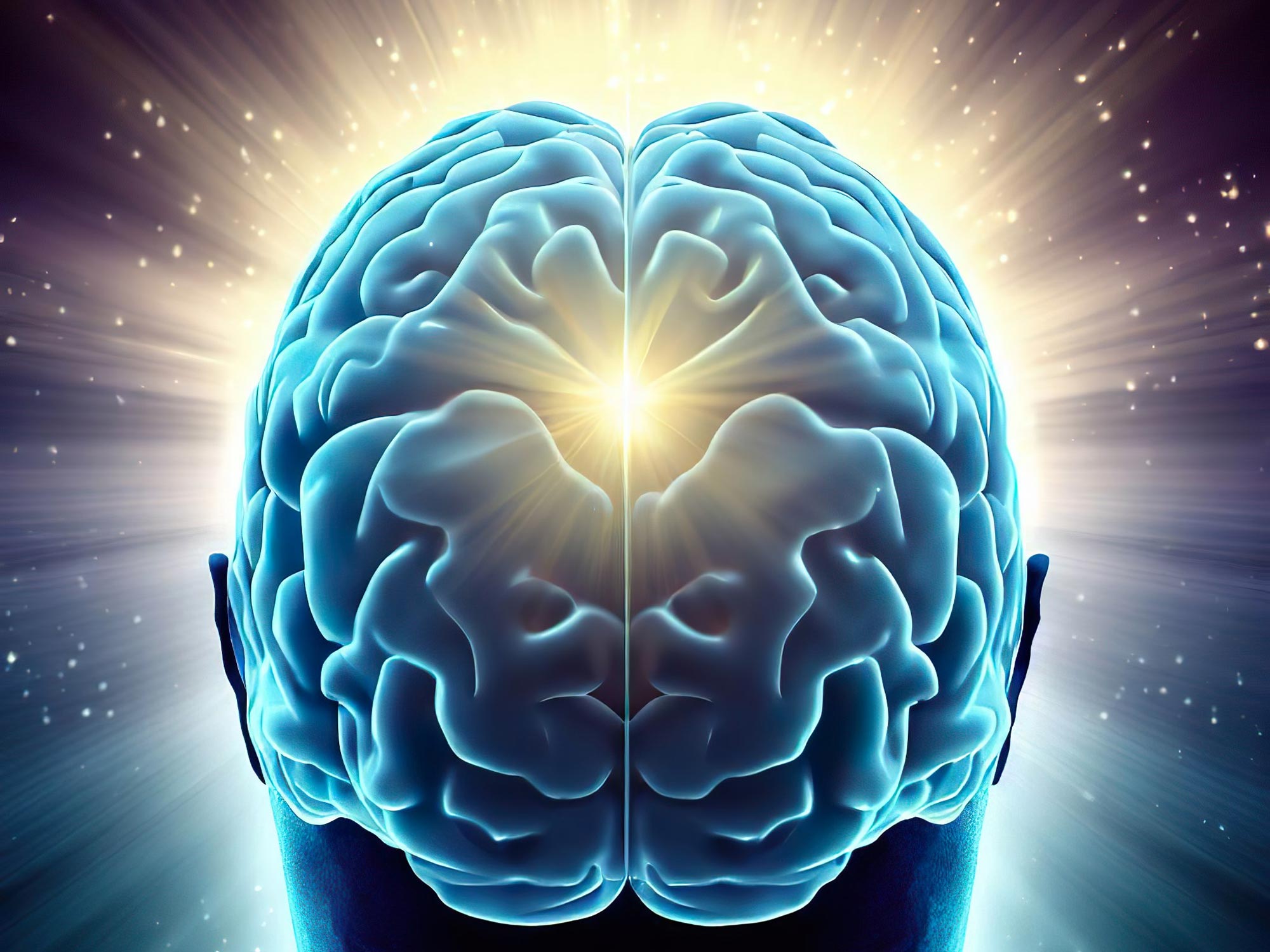یک مطالعه نشان داده است که ورزش مقاومتی منظم می تواند از بروز علائم بیماری آلزایمر جلوگیری کند یا آن را به تاخیر بیندازد. در آزمایشی با موشهای تراریخته، مشخص شد که تمرینات مقاومتی باعث کاهش تشکیل پلاک بتا آمیلوئید و نرمال شدن سطوح کورتیکوسترون، هورمون استرس مرتبط با آلزایمر میشود. محققان بر این باورند که اثرات ضد التهابی تمرینات مقاومتی می تواند دلیل اصلی موثر بودن آن در جلوگیری از آلزایمر باشد. این مطالعه به این نتیجه رسید که ورزش مقاومتی می تواند درمانی مقرون به صرفه و در دسترس برای بیماران آلزایمر باشد.
آزمایشات روی موش ها نشان داد که چهار هفته تمرین با وزنه برای معکوس کردن تغییرات رفتاری و فیزیکی مشخصه بیماری کافی است.
انجام تمرینات بدنی منظم، مانند تمرینات مقاومتی، می تواند از این امر پیشگیری کند[{” attribute=””>Alzheimer’s disease, or at least delay the appearance of symptoms, and serves as a simple and affordable therapy for Alzheimer’s patients. This is the conclusion of an article published in the journal Frontiers in Neuroscience by Brazilian researchers affiliated with the Federal University of São Paulo (UNIFESP) and the University of São Paulo (USP).
Although older people and dementia patients are unlikely to be able to do long daily runs or perform other high-intensity aerobic exercises, these activities are the focus for most scientific studies on Alzheimer’s. The World Health Organization (WHO) recommends resistance exercise as the best option to train balance, improve posture and prevent falls. Resistance exercise entails contraction of specific muscles against an external resistance and is considered an essential strategy to increase muscle mass, strength, and bone density, and to improve overall body composition, functional capacity, and balance. It also helps prevent or mitigate sarcopenia (muscle atrophy), making everyday tasks easier to perform.
To observe the neuroprotective effects of this practice, researchers in UNIFESP’s Departments of Physiology and Psychobiology, and the Department of Biochemistry at USP’s Institute of Chemistry (IQ-USP), conducted experiments involving transgenic mice with a mutation responsible for a buildup of beta-amyloid plaques in the brain. The protein accumulates in the central nervous system, impairs synaptic connections, and damages neurons, all of which are features of Alzheimer’s disease.
During the study, which was funded by FAPESP, the mice were trained to climb a 110 cm ladder with a slope of 80° and 2 cm between rungs. Loads were attached to their tails corresponding to 75%, 90%, and 100% of their body weight. The experiment mimicked certain kinds of resistance training undertaken by humans in fitness centers.
At the end of a four-week period of training, blood samples were taken to measure plasma levels of corticosterone, the hormone in mice equivalent to cortisol in humans; rising levels in response to stress heightens the risk of developing Alzheimer’s. Levels of the hormone were normal (equal to those found in the control group comprising animals without the mutation) in the exercise-trained mice, and analysis of their brain tissue showed a decrease in the formation of beta-amyloid plaques.
“This confirms that physical activity can reverse neuropathological alterations that cause clinical symptoms of the disease,” said Henrique Correia Campos, first author of the article.
“We also observed the animals’ behavior to assess their anxiety in the open field test [which measures avoidance of the central area of a box, the most stress-inducing area] Deidiane Elisa Ribeiro، نویسنده اول مقاله و محقق در آزمایشگاه علوم اعصاب IQ-USP، گفت: و دریافت که تمرین مقاومتی حرکت بیش از حد را به سطوحی مشابه با گروه کنترل در میان موشهای دارای فنوتیپ مرتبط با آلزایمر کاهش میدهد. بی قراری، بی قراری و سرگردانی از علائم اولیه آلزایمر و دیگر انواع زوال عقل هستند.
ورزش مقاومتی به طور فزاینده ای یک استراتژی موثر برای جلوگیری از ظهور علائم آلزایمر پراکنده است. [not directly caused by a single inherited genetic mutation]که چند عاملی است و ممکن است با افزایش سن همراه باشد یا ظهور آنها را در آلزایمر خانوادگی به تاخیر بیندازد. بئاتریز مونتیرو لونگو، آخرین نویسنده مقاله و استاد فیزیولوژی عصبی در UNIFESP، گفت: دلیل اصلی احتمالی برای این اثربخشی، اثر ضد التهابی تمرینات مقاومتی است.
بررسی ادبیات
مطالعه مدل حیوانی بر اساس بررسی ادبیات منتشر شده در مرزها در علوم اعصاب، جایی که همان گروه در UNIFESP شواهد بالینی را گردآوری کردند مبنی بر اینکه مزایای ورزش مقاومتی شامل اثرات مثبت بر اختلال عملکرد شناختی، کمبود حافظه و مسائل رفتاری در بیماران آلزایمر است و به این نتیجه رسیدند که می تواند یک جایگزین یا درمان کمکی مقرون به صرفه باشد.
محققان دانشگاه فدرال ریو گراند دو نورته (UFRN) و دانشگاه فدرال اورو پرتو (UFOP) در برزیل نیز در این مطالعه شرکت کردند.
آلزایمر تنها بر بیمار تأثیر نمی گذارد. کارولین ویرا آزودو، نویسنده اول مقاله مروری و دانشجوی فارغ التحصیل در UNIFESP، گفت: تمام خانواده تحت تأثیر قرار می گیرند، به ویژه در خانواده های کم درآمد. هر دو مقاله اطلاعاتی را ارائه می دهند که می تواند برای تحریک ایجاد سیاست های عمومی استفاده شود. تصور کنید اگر ظهور علائم در بیماران مسن ده سال به تعویق بیفتد، در هزینه صرفه جویی می شود.
مرجع: “اثرات محافظتی عصبی تمرینات فیزیکی مقاومتی بر روی مدل موش APP/PS1 بیماری آلزایمر” توسط هنریک کوریا کامپوس، دیدیان الیزا ریبیرو، دبورا هاشیگوچی، تالیتا گلاسر، میلنا دا سیلوا میلانیس، کریستین گیمنس، دبورا آرسوچکیدا، ریکاردو هنینگ اولریش و بئاتریز مونتیرو لونگو، 6 آوریل 2023، مرزها در علوم اعصاب.
DOI: 10.3389/fnins.2023.1132825
